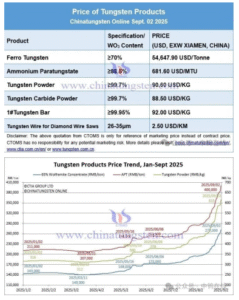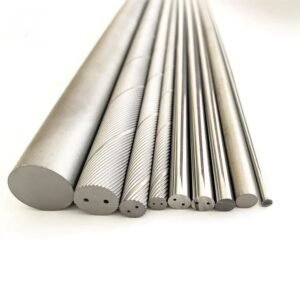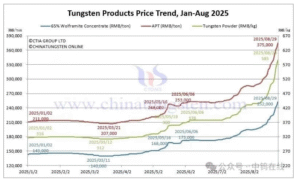Precision machining challenges often stem from using unsuitable tools, leading to costly downtime, material waste, and poor product quality. Choosing the right tools can mitigate these risks, ensuring efficiency, accuracy, and superior results.
Choosing the right tools for precision machining involves evaluating material compatibility, tool coating, geometry, and application-specific needs. Selecting high-quality carbide tools ensures optimal performance, durability, and productivity in demanding applications.
Read on to explore expert tips to select the best tools for your precision machining requirements.
What Factors Should I Consider When Choosing Machining Tools?
When selecting machining tools, consider the material being worked on, the required tolerances, and the tool’s properties. For hard materials like stainless steel or titanium alloys, carbide tools are essential due to their superior hardness and wear resistance. Additionally, check for coatings like PVD or CVD to enhance tool life.
Why Is Tool Coating Important?
Tool coatings reduce wear, resist high temperatures, and improve cutting efficiency. For example, PVD coatings are excellent for sharp edges and precision machining, while CVD coatings are ideal for heavy-duty applications. Choose a coating that aligns with your machining environment and material requirements.
How Do I Match Tool Geometry to My Application?
Tool geometry affects cutting performance and surface finish. For instance, positive rake angles reduce cutting forces and are ideal for soft materials, while negative rake angles improve tool stability for harder materials. Ensure the geometry complements the cutting application to enhance productivity.
Are High-Quality Carbide Tools Worth the Investment?
Absolutely. High-quality carbide tools deliver consistent results, increased tool life, and reduced downtime. Investing in tools made from 100% virgin carbide powder ensures durability and precision, making them cost-effective over time.
What Role Does Application Type Play in Tool Selection?
Different applications require specialized tools. For turning, choose tools with optimized chip breakers for smooth operations. Milling might demand multi-flute end mills for better material removal, while drilling needs strong, heat-resistant tips. Tailoring tools to applications minimizes errors and maximizes efficiency.
How Can I Evaluate Tool Performance?
Evaluate tools by testing their cutting efficiency, wear resistance, and lifespan. Requesting samples from reputable manufacturers like us ensures you can assess performance under your specific conditions without committing to a bulk purchase.
What Are the Best Practices for Tool Maintenance?
Regularly inspect and replace worn tools to maintain precision. Proper storage, cleaning, and following manufacturer guidelines can extend tool life significantly, preserving your investment.
In summary, selecting the right machining tools requires balancing material, application, and quality considerations. High-quality carbide tools offer unmatched performance, ensuring your operations are both efficient and precise.





